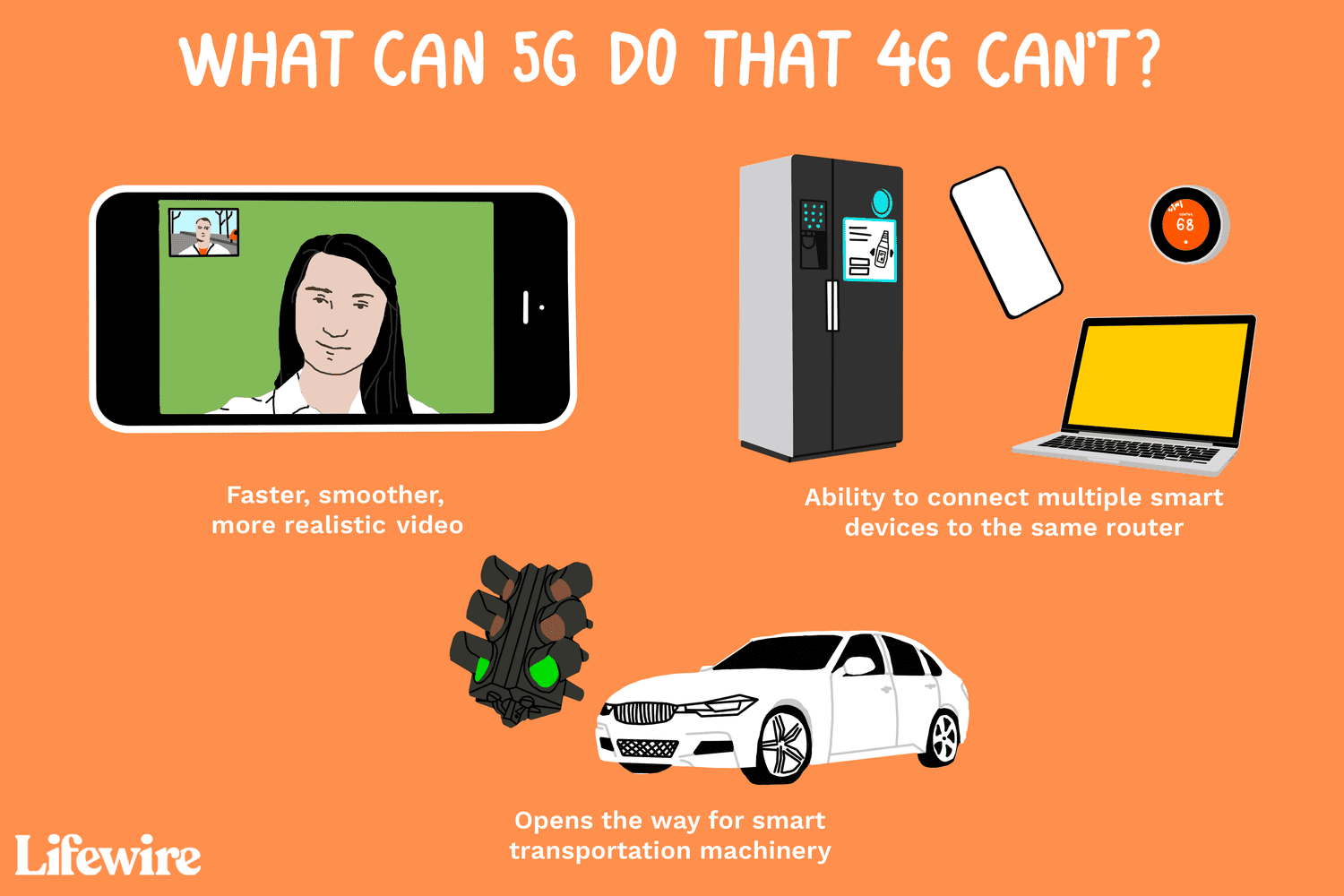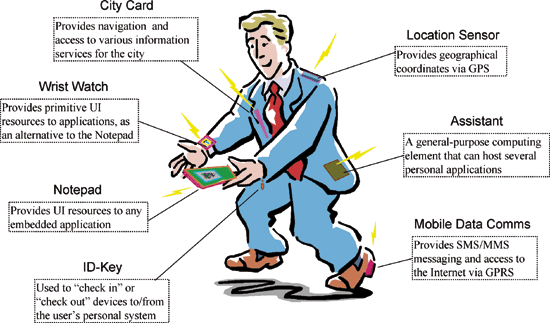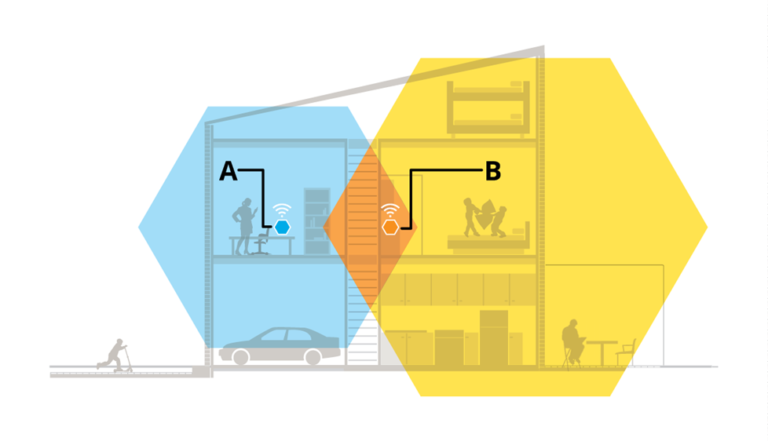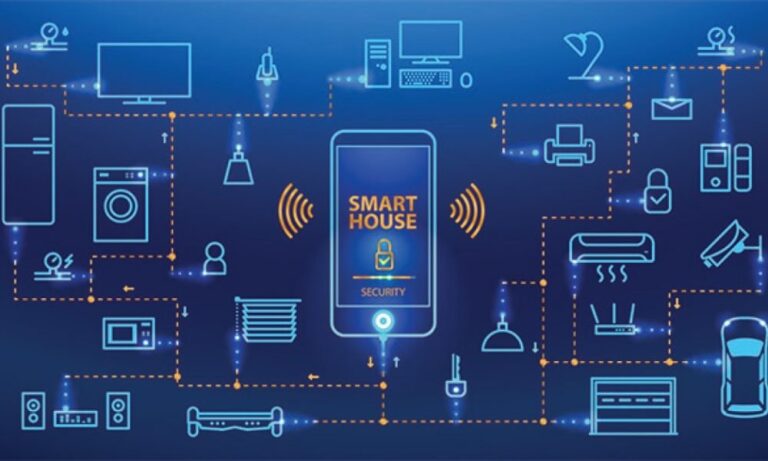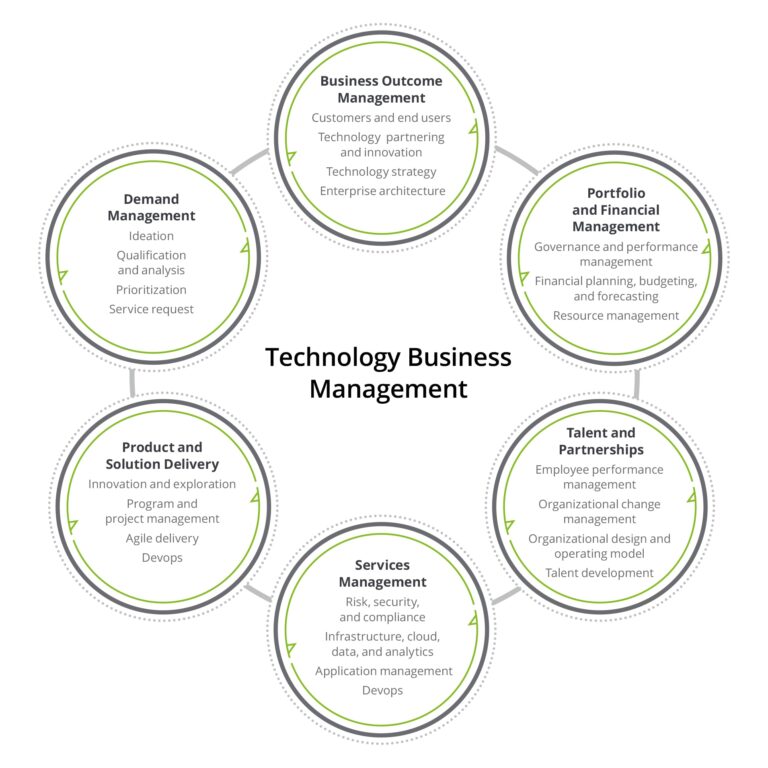Is 4G Still Good?
4G technology has been around for a few years now and it is still considered to be a great option for many people. It is reliable, fast, and affordable, making it a popular choice for those who need reliable internet access on the go. 4G networks provide speeds up to 10 times faster than 3G networks, so streaming video and downloading large files is a breeze. However, 4G speeds can vary greatly depending on your location, so it’s important to research your options before signing up for a service. In addition, 5G networks are beginning to roll out, so it’s worth considering if you are looking for the fastest speeds available. Overall, 4G is still a great option for many people, but it may not be the best choice for everyone.
Overview of 4G Technology
In today’s digital world, 4G technology continues to be a major part of our lives. It is the most widely used mobile data connection, providing fast download speeds, high-quality voice and video calling, and reliable connections over long distances. 4G has revolutionized the way we work, play, and communicate with one another. But is 4G still good enough to keep up with the ever-evolving technological landscape?
The answer is yes, 4G technology is still good enough to meet the needs of today’s modern world. 4G technology is capable of delivering speeds up to 100 Mbps, which is more than enough for streaming HD videos, downloading large files, and playing online games. Additionally, 4G networks provide reliable connections over longer distances, making them ideal for those who live in rural areas.
4G technology is also more energy-efficient than previous generations, minimizing its environmental impact. Furthermore, 4G networks are more secure than earlier generations of mobile data connections, making them ideal for those who require a secure connection for their data.
Overall, 4G technology continues to be a reliable and cost-effective way to connect to the internet and communicate with others. It is an important part of our digital lives and is capable of meeting the needs of today’s ever-evolving technological landscape.
Advantages of 4G
As the world progresses and technology advances, it’s important to stay up to date with the latest developments in mobile internet connectivity. 4G, or Fourth Generation, is the fourth generation of mobile internet technology, and it has become a common standard for many users. Despite the emergence of 5G technology, 4G has remained a viable option for many, offering a range of benefits. Here are some advantages of 4G to consider.
Speed is one of the main benefits of 4G, as it offers users lightning-fast speeds that are much faster than 3G networks. This means that users can stream HD video, download large files, or browse the web without experiencing any lag. Additionally, 4G networks have greater coverage than 3G, expanding the range in which users can access the internet.
4G also offers enhanced security, making it a popular choice for businesses and organizations. Compared to 3G, 4G is more secure and reliable, helping to protect confidential data. Additionally, 4G networks are designed to be more energy-efficient, allowing users to save on their electricity bill.
Overall, 4G is still a great option for many, offering a range of advantages in terms of speed, coverage, security, and energy efficiency. Although 5G is the future of mobile internet connectivity, 4G is still a viable option for those who want to stay connected, no matter where they are.
Disadvantages of 4G
In recent years, 4G has become a mainstay in the telecommunications industry, providing access to high-speed internet and phone services. Despite its many advantages, there are some potential drawbacks to 4G that should not be overlooked.
One of the key disadvantages of 4G is cost. For those who are not willing to pay the extra cost of a 4G plan, the services may be out of reach. Additionally, 4G coverage is often patchy and can be slow in certain areas, making it difficult to access the same speeds as those found in other areas. Furthermore, 4G can be vulnerable to interference from other devices, resulting in decreased speeds or dropped connections. Additionally, 4G devices tend to use more battery power than 3G or 2G devices, meaning that people who rely on 4G may need to charge their devices more frequently.
Ultimately, 4G still has advantages that make it a viable choice for those looking for faster internet speeds. However, it is important to weigh the advantages and disadvantages of 4G and select a plan that best suits individual needs and budgets.
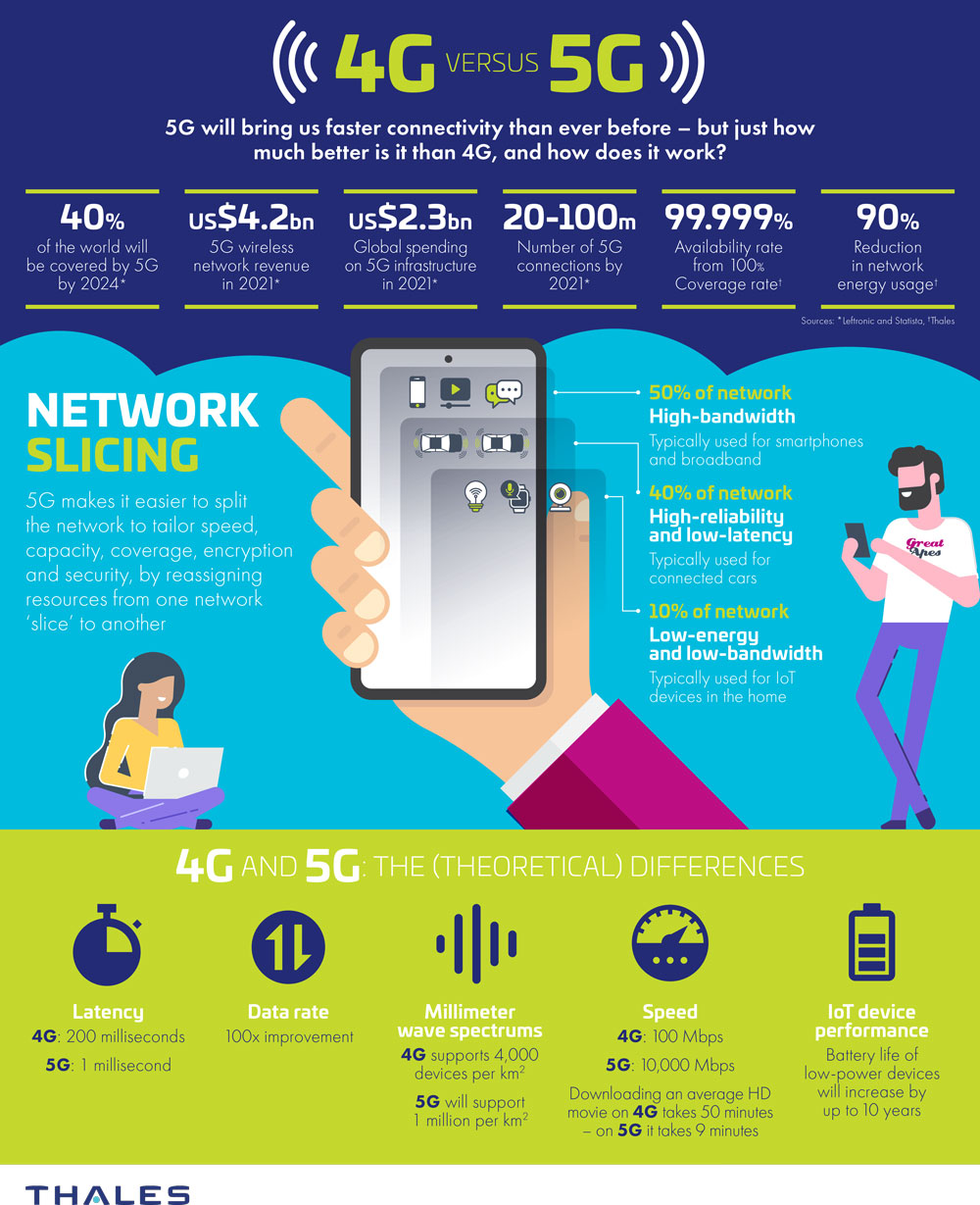
Performance Comparison of 4G vs
5G
As the world of technology continues to evolve, it’s natural to wonder if the current state-of-the-art mobile network technology, 4G, is still good enough. With the introduction of 5G, the stakes have been raised for 4G, but is it still good enough for most users? In this blog post, we’ll take a look at the difference between 4G and 5G, and compare their performance.
4G is the fourth-generation mobile network technology, and it’s been around for over a decade. It offers download speeds of up to 100Mbps, depending on location and network congestion. 4G is the most widely used mobile network technology, and it’s found in most of the world’s smartphones.
5G is the fifth-generation mobile network technology, and it’s been around for less than two years. It offers download speeds of up to 1Gbps, depending on location and network congestion. 5G is still rolling out in many countries, and it’s only available in a handful of cities.
When it comes to performance, 5G is clearly the superior technology. It offers much faster download speeds, and it has better latency, which means it can handle more data in a shorter amount of time. However, 5G coverage is still limited, and it’s not available everywhere. 4G is still good enough for most users, as it offers good performance and is widely available.
Ultimately, 4G is still good enough for most users. It offers decent performance and is widely available. However, if you’re looking for a faster, more reliable connection and you have access to 5G, it’s definitely worth considering.
Impact of 4G on Consumers
The advent of 4G technology has revolutionized the way consumers interact with their devices and the internet. 4G networks offer faster data speeds that enable users to stream video, download music, and access a variety of connected services. 4G networks also provide better coverage than 3G networks, making it possible for users to stay connected in more places. But is 4G still good?
The answer is a resounding yes. 4G networks are still fast and reliable for consumer use, and they offer a wide range of capabilities that make them attractive for new and existing users. 4G technology supports the increasing demand for online services, providing faster speeds for streaming video, gaming, and downloading large files. Additionally, 4G networks provide better coverage in remote areas, making them ideal for those who need to stay connected on the go.
In addition to providing faster speeds and better coverage, 4G networks also allow consumers to take advantage of a variety of connected services. From telemedicine to online shopping, 4G technology makes it possible for consumers to access the information and services they need with ease. 4G networks also provide an enhanced user experience, with features like high-definition video and audio streaming, making it easier for users to stay connected and up-to-date.
Overall, 4G technology is still a great option for consumers. It provides the speed and coverage needed for everyday use, and it offers a variety of connected services that make it easier for consumers to stay connected to the world around them. With 4G networks, users can enjoy faster speeds, better coverage, and a better user experience that make it easier to access the information and services they need.
Future Outlook for 4G
Networks
As technology advances and 5G networks take the spotlight, it’s natural to wonder if 4G has become outdated. While it’s true that 5G networks are faster than 4G networks, 4G still has a place in the modern world. 4G networks are still faster than 3G networks, and they are still capable of providing reliable internet speeds. Additionally, 4G networks are more cost-effective for smaller businesses, and they are available to a larger area than 5G.
The future of 4G networks is still uncertain, but it’s clear that they will continue to be useful in the near future. As 5G technology develops, 4G networks will likely become more affordable and available to a larger area. This will allow businesses to take advantage of the benefits of 4G networks, such as lower costs and larger coverage area. Additionally, many 5G networks are expected to use 4G networks as a backbone, meaning 4G networks will remain useful to some extent.
In conclusion, 4G networks are still good and will continue to be a viable option for businesses in the future. Despite the emergence of 5G networks, 4G networks are still faster than 3G networks, they are more cost-effective, and they have a larger coverage area. Additionally, 4G networks are expected to remain useful due to their role as a backbone for 5G networks.
FAQs About the Is 4G Still Good?
1. What is the difference between 4G and 5G?
4G is the fourth generation of wireless mobile technology, which offers faster speeds and better coverage than previous generations. 5G is the fifth generation of wireless mobile technology, which offers much higher speeds and greater connection capacity than 4G.
2. What are the benefits of using 4G?
4G offers improved speeds compared to 3G and earlier generations of mobile technology. This means that users can enjoy faster downloads, streaming, and web browsing. 4G also offers better coverage and improved reliability compared to earlier generations.
3. Is 4G still a good option for mobile users?
Yes, 4G is still a good option for mobile users. While 5G offers higher speeds and greater connection capacity, 4G is still a great option for people who want to enjoy faster speeds, better coverage, and improved reliability.
Conclusion
Yes, 4G is still good. 4G networks offer faster download speeds, wider coverage, and better quality of service than 3G networks. Furthermore, 4G networks are becoming increasingly widespread, and many mobile providers are now offering plans specifically tailored to 4G users. While 5G networks are on the way, 4G networks are still a great option for those who need fast and reliable internet access.
